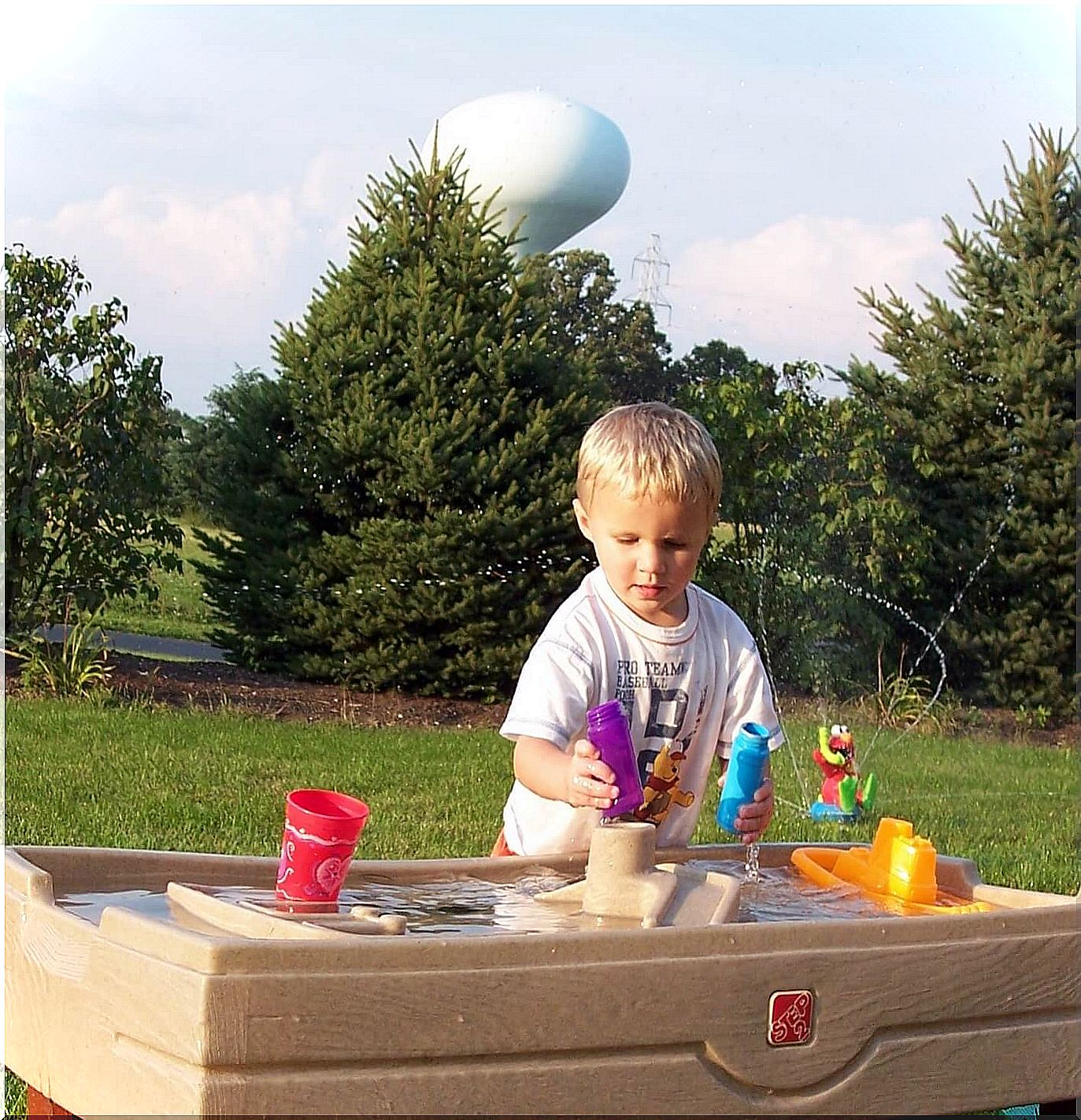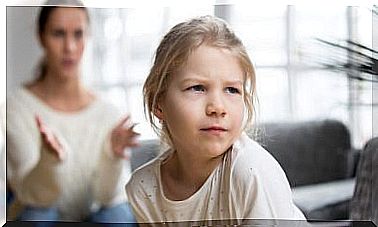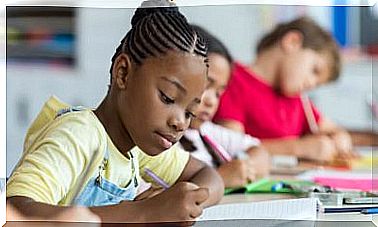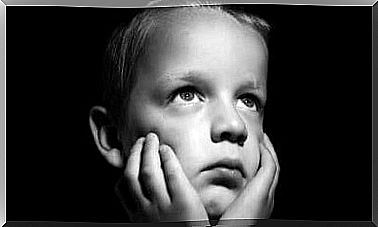6 Consequences Of The Absence Of Play In Children
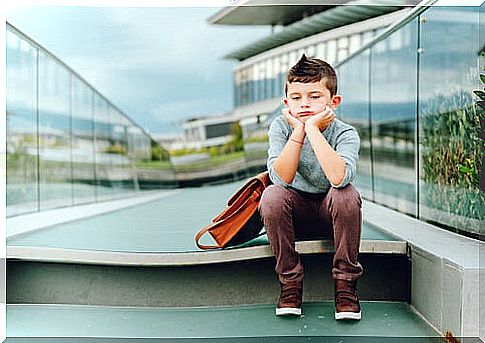
Playing is very healthy; when playing, the child explores the world. He imitates the elders, tries alternatives, experiments, solves problems, develops his thinking and creativity. A child who plays is likely to be a well-adjusted and well-performing adult in life. On the contrary, the absence of play in children has a negative impact on their future.
Children have fewer and fewer opportunities to play. A problem that is spreading day by day is that of “children with an agenda”. They are children who go from one activity to another throughout the day and do not have time to play.
School, organized sports, languages, dance, martial arts, music and a host of other activities fill the day-to-day of the little ones. They come home exhausted and no longer feel like playing.
They are children who do not have time to play freely. It is necessary for the family organization to understand that playing is learning, and that the time in which the child plays is essential for their development.
Consequences of the absence of play in children
1.- Little creativity and imagination
Creativity is essential for life. It is the key that allows you to solve problems and handle different situations. The world that the child creates when he plays becomes real to him. Through play, the child’s creativity unfolds. It has been shown that the absence of play in children hinders this ability, which is what allows original thinking.
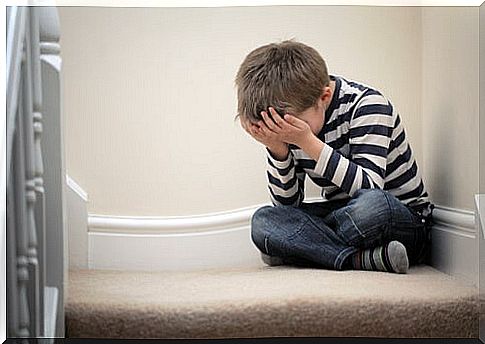
2.- Lack of autonomy and independence
As it evolves and grows, the child must detach itself from its mother and father and acquire a certain autonomy. Play is essential for this to happen, because in play situations the child makes decisions, solves problems and acts without an adult telling him what to do. Playing unfolds its autonomy.
The game is a training for this individual freedom. The absence of play in children causes insecurity and dependency.
3.- Shyness
The child who has not played since he is a baby is generally shy and insecure. He doubts everything he does and is ashamed of any situation in which he is exposed.
Many times, this shyness is the product of parents who all day are telling the child what to do. Also, they reprimand him when things don’t go well. In these cases, they are children who are not given the space to play freely, to release their energy and potential, or to discover their talents.
He is a child who lacks experimentation and the possibility of feeling that he can do the things he sets out to do.
4.- Difficulties relating to people
Playing contributes to the development of social skills. Most of the social skills a person needs to be successful in life are acquired through play in childhood.
Through play, children learn to control themselves, to negotiate, to work as a team, to wait, and to share. The absence of play in children generates isolated, self-centered and individualistic people.
5.- Immaturity in emotional development
Play is essential for the emotional development of children. Imaginary play is essential, since with it the child learns a lot about himself and can project his emotions without limitations. He imagines himself overcoming obstacles and fears and triumphing in risky situations, so these visualizations become true experiences that enrich him.
The child feels powerful and independent, and with this his emotional balance is favored.
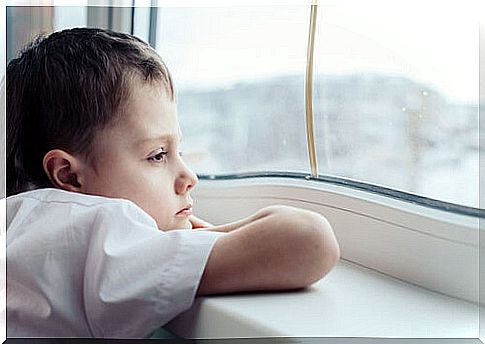
6.- Bad character
On many occasions, the bad character that parents complain so much about is the result of the child not having the opportunity to play. During the game the child releases his tensions. The game fulfills a cathartic function; therefore, the absence of play in children causes that liberation to be channeled through other means.
A voice of alert arises in psychologists: the game on computers and consoles limits a lot and enriches little. Therefore, although video games can be a complement, the fundamental thing is free play, without fixed rules. The ideal is to intersperse moments of individual play with others of moments shared with other children.
